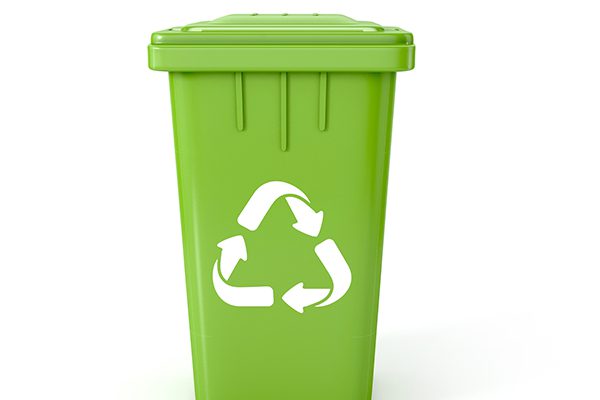Whether individuals call sandwich meat luncheon, Devon, or the smiling fritz, or describe swimsuits as swimmers or bathers, individuals in various states of Australia have unique ways by which approaches to doing activities. Another interesting restriction that varies depending on where citizens reside is the number of dumpsters that are made available and what is permitted to be placed in them. While most understand what belongs in their red and yellow household dustbins, the guidelines for the green household garbage bin are a little more perplexing.
Depending on where citizens live, their green bin may well be solely used for garden organics only, or it may also be acceptable to dump food organics in them, which are subsequently then composted. By 2023, the government intends to make Food Organics Garden Organics (FOGO) trash bins available to all households. The green-topped council recycle bins makes composting a more approachable method to minimize the USD 3500 worth of food that a typical Australian household wastes each year. The Federal Government has promised to give a FOGO container to every household by 2023, but this deployment has been inevitably delayed, considering the fact that local councils are in-charge of implementing this roll-out. Despite these lofty targets, just 30% of Australians have already received access to FOGO bins; yet, the general reaction to the bins has been rather excellent.
Randwick council in inner-Sydney was able to eliminate 1400 tons of food garbage and organic waste from landfills after deploying FOGO bins in March 2021. Pollution rates have also been minimal. While difficulties might develop when non-approved debris such as plastics, glassware, or treated wood is deposited in a FOGO bin, potentially resulting in the whole contents of a dump truck being transported to a landfill, the council claims a pollution rate of only 1.5%. In comparison, the Big Merino in Goulburn weighs 97 tons. In just 90 days, we’ve saved a load of 14 Big Merino sculptures from the dump.
